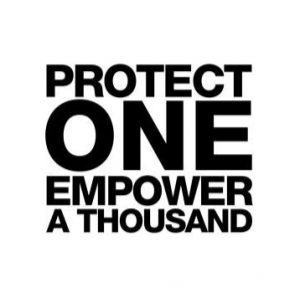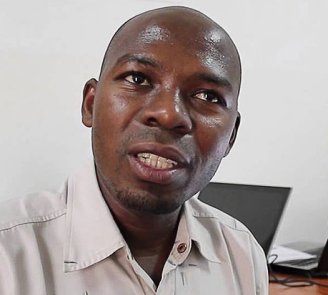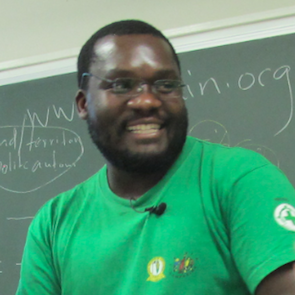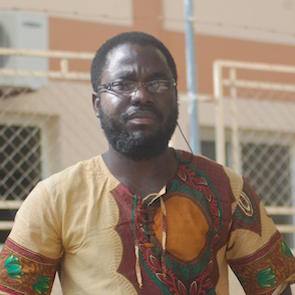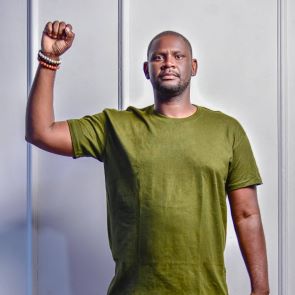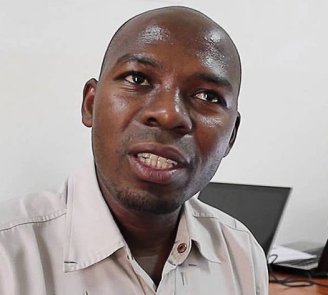#Mozambique
#Mozambique
Human rights defenders in Mozambique, especially those working on environmental issues, aiming to hold companies accountable for human rights violations, or working to promote better living conditions for rural communities through access to water and fair compensation for land concessions, are particularly at risk.
The expansion of development projects in Mozambique, such as the Pro-Savana project and increased coal mining in Tete province, has resulted in forced displacement of communities, necessitating the resettlement of many peasant families. Community leaders and human rights defenders fighting against land grabbing, unfair concessions, and the right to food sovereignty find themselves in a very vulnerable situation, in which they are subjected to various forms of harassment, threat and intimidation. Peaceful protests calling for better living conditions for the resettled families have been violently repressed.
Although Mozambique was one of the first countries in Africa to decriminalize homosexuality - the result of legal reform that came into force in June 2015 - LGBTI rights defenders and organisations working on LGBTI issues continue to face difficulties in obtaining recognition and legal registration in order to be able to conduct their activities. The Mozambican Association for Defense of Sexual Minorities (Associação Moçambicana para Defesa das Minorias Sexuais - LAMBDA) still awaits legal recognition by the Ministry of Justice, 8 years after they presented their request.
Human rights defenders have also faced problems as a result of restrictive laws. Journalists continue to be attacked and harassed on the basis of the current Press Law (1991), which provides for up to two years' imprisonment and a fine for those found guilty of defaming the President or other government authorities. A further issue concerns Law 8/91, which places onerous obligations on the formal registration of organisations in Mozambique, making it difficult or even impossible for several human rights organizations in the country to obtain legal status.
